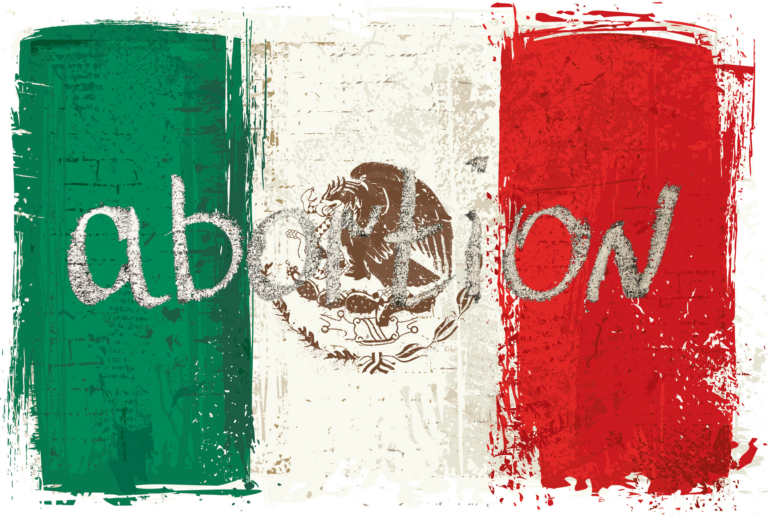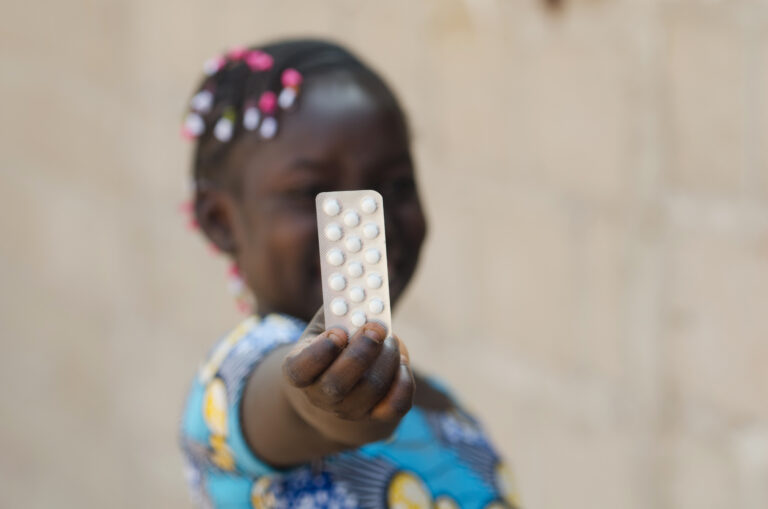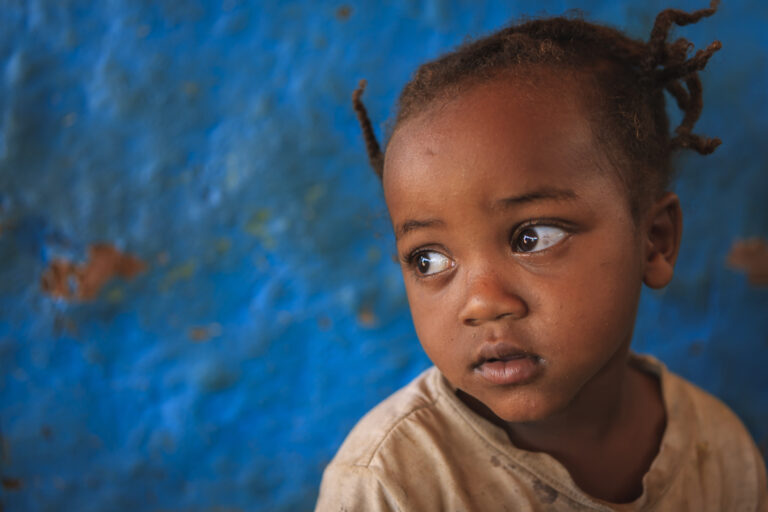My first exposure to population control came 20 years ago in a village in South China. Some months after my arrival in March 1979, the government imposed strict limits on child-bearing. Communist officials were soon arresting women for the crime of being pregnant. I saw these women taken away from their homes and families, locked up in a holding tank, hectored by senior Party officials and, in the end, forcibly aborted and sterilized. Some were seven, eight, and even nine months pregnant.
A Promise Made
The husbands and fathers of these women were powerless to intervene. Some came to me begging for help. Gripped by a growing sense of moral outrage, 1 promised to do all I could. Leaving China, I went to Washington, DC, bringing the first eyewitness report on these human rights abuses to the attention of Congress and the American media. I published a best-selling book on rural China called Broken Earth. I appeared on 60 Minutes and other television shows.
Many shared my outrage at these crimes. But others in Congress and in the media, I was disappointed to find, were all too ready to excuse these acts in the name of fighting “overpopulation.” As one put it, “I am personally opposed to forced abortion and sterilization but, after all, China does have a population problem.”
Others, sounding for all the world like Chinese Communist Party officials, argued with me that, because China was a poor country, the Chinese people could not be allowed to have as many children as they want. The government must control childbearing, they said, in order for China to develop. A number actually applauded the Chinese model, and wanted to use it as a blueprint for other countries. A few even opined that limiting everyone to one child, even in the United States, was a good idea. What I had thought was an open-and-shut case — who would defend the forced abortion of a women eight months pregnant? — had turned out to be an open question, at least in the minds of some. Behind this moral obtuseness was the misguided belief that people in their numbers were the chief obstacle to prosperity.
To me, this made little sense on the face of it. The enormous wealth of the United States was created by individuals, not by the government. Most of the countries of the developing world — Japan, Taiwan, and much of Europe, are more densely populated than China. Despite this “over-crowding.” none of these countries has declared war on its own people the way China has. Quite the opposite. Many of these countries suffer from labor shortages, to the point where they import foreign workers, and their governments encourage births. China didn’t have a people problem, I concluded, so much as it has at corrupt administration and an inefficient economy.
Discovering the work of the late Julian Simon gave intellectual legs to my conviction that people were not a liability but an asset. They were, as Julian was fond of describing his fellow human beings, the ultimate resource.
At the same time, I became aware that the human rights abuses I had witnessed in China were by no means unique. Population control programs everywhere were riddled with similar abuses. China was merely one battlefield in a worldwide war on people. Even more shocking,
I found that this war was directed from, and largely funded by, Washington, DC. These programs, which do nothing to improve the economic condition of the poor in the developing world but mindlessly seek to limit their number of offspring, turned out to be paid for by you and I.
This brings me to another anniversary. In 1989 Fr. Paul Marx, OSB, decided to establish a research institute dedicated to revealing human rights abuses in population control programs, exposing the myth of overpopulation, and making the case for authentic economic development. Thus was Population Research Institute born.
When in 1995, Fr. Marx offered me the Chance to head the Institute, I accepted without hesitation. For in it were all the disparate strands of my life brought together: The emphasis on human rights abuses that hearkened back to China but went well beyond, a commitment to refute the myth of overpopulation that was being used to justify this and other evils, and the opportunity to promote economic development that respected the dignity of mankind.
As we at PRI celebrate our 10th anniversary, we are grateful for your continuing support of our efforts.










